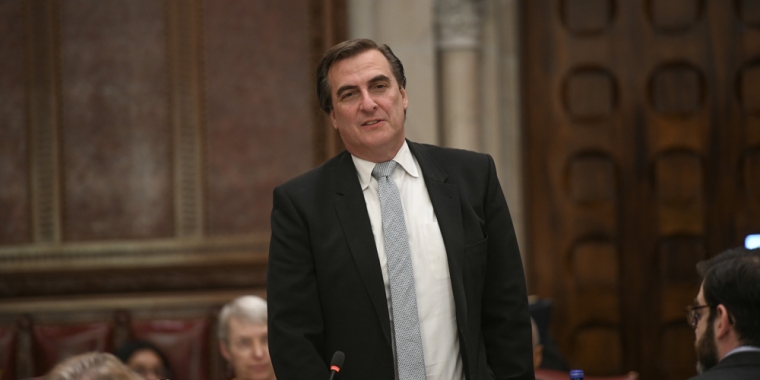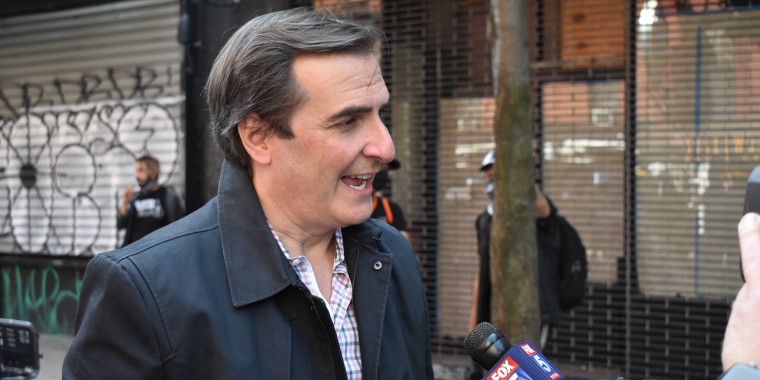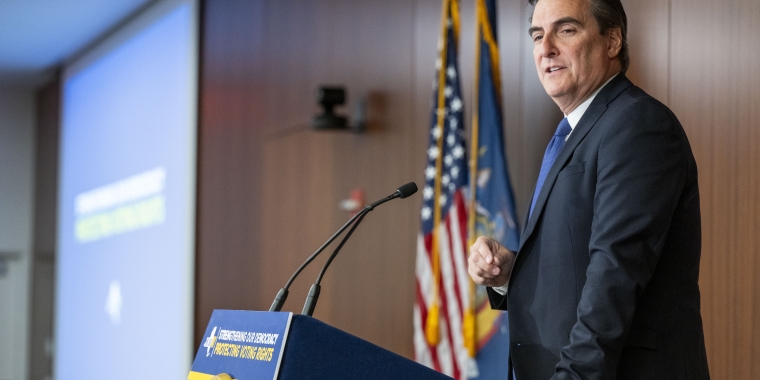
City & State: Two bills aim to clean up future campaign messes

The political sagas of Justice Hector LaSalle and former state Senate Majority Leader Joe Bruno may be over – and for quite some time for Bruno – but that doesn’t mean that they haven’t left a lasting impression on the state political landscape. Bills meant to ban state reimbursement for campaign funds used on legal defense fees and to require lobbying disclosures related to appointed state positions moved out of the state Senate Ethics and Internal Governance Committee on Monday. And legislative leaders expect they’ll get approved by the full Legislature before they break for the year on June 8.
Earlier this year, outside groups including one with ties to judicial fights in Delaware called Latinos for LaSalle advocated for the confirmation of LaSalle as chief judge, the highest judicial position in the state who oversees the entire court system and leads the Court of Appeals. But under current law, those groups do not have to register with the state’s ethics board as lobbyists, nor report who donated to them and what they spent their money on. Although the state Senate ultimately rejected LaSalle, the lack of transparency surrounding the campaign to get him confirmed led state Senate Majority Leader Michael Gianaris to introduce legislation to require more disclosure. “We have no idea who is spending that money or why, and that should be subject to the same rules as lobbying on legislation,” Gianaris told City & State. “That's pretty common sense.”
The bill meant to end the practice of the state reimbursing campaigns that spent money on legal defense fees for elected officials goes back further. Gianaris, who also sponsors that legislation, said he originally introduced it in response to the million dollar tax-payer funded reimbursement Bruno’s campaign received after the Republican was acquitted of corruption charges. “I don’t even know how to characterize that in a way that makes sense,” Gianaris said. Under current state law, elected officials can use their campaign accounts to pay for their legal fees when defending themselves in criminal cases. If they are found not guilty or later have charges overturned on appeal, they can seek reimbursement from public dollars to cover the cost of legal fees.
Gianaris said he expects both bills to pass in his chamber before the end of session. The state Senate has approved the bill addressing legal fees for the past two years, but it has failed to move in the Assembly. The lobbying legislation is a new bill with no legislative history.



